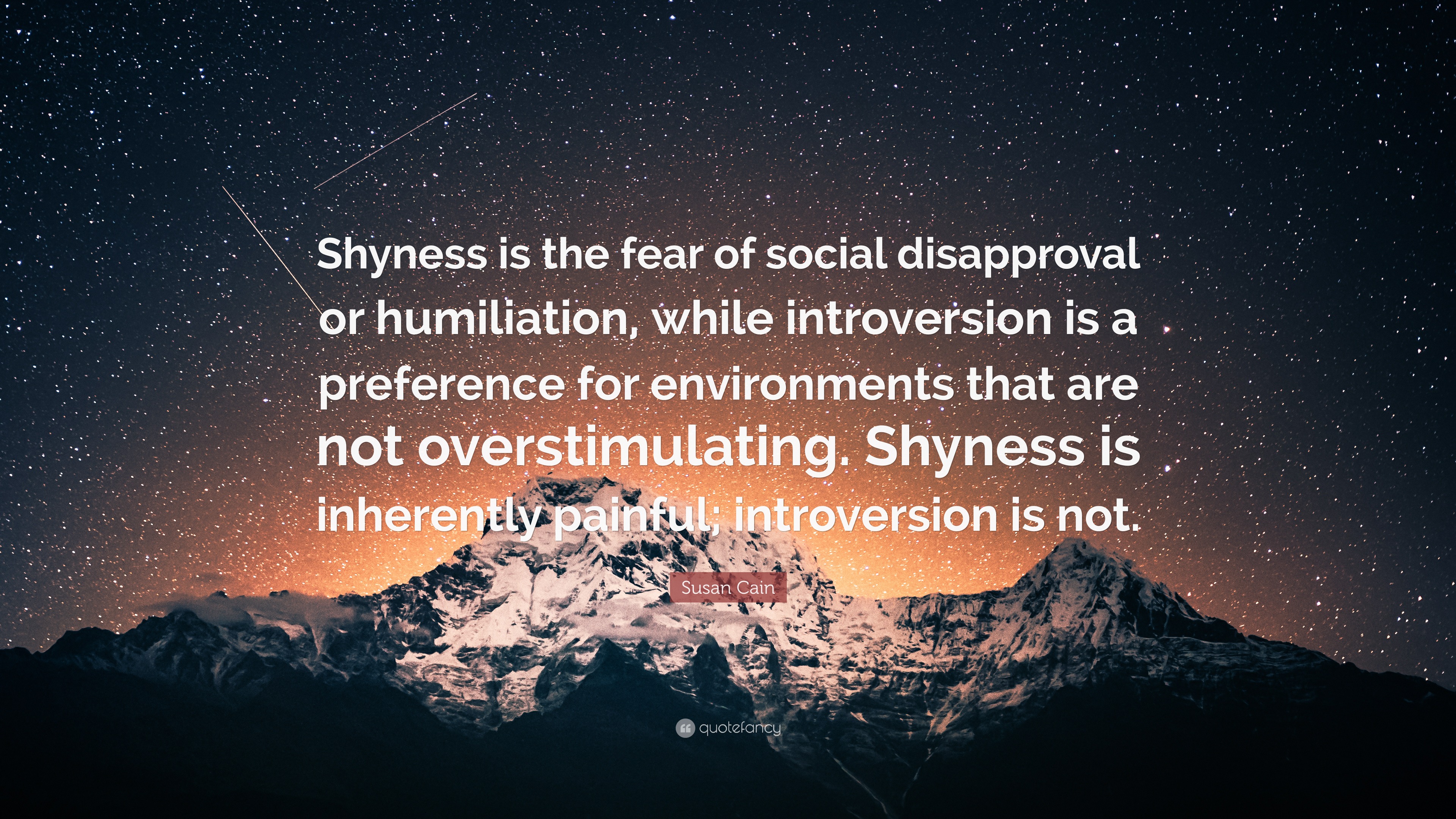
I now am more ready to welcome feedback from others along with enhanced self-discipline.Īfter all, it is clear that expressing one's desires (only when safe to one's self and others) is sometimes hazardous. This acquired habit of viewing personal improvement and self-rectification as a reluctance solution has produced several benefits: restored self-confidence and renewed engagement with others. I have been on this path long enough to know now that it works, and hence I recommend it to others who want to escape the fate of Eliot's anti-hero cited above. These are the kinds of changes that lessen the fear of disapproval. Practicing good health behaviors related to diet and exercise, developing new practical skills, and helping others help restore self-respect and self-confidence. I have found the path of redemption lies along the axis of self-care, skill development, and good works. The way forward is to seek out activities or disciplines that hopefully restore the deficit in self-worth that can be a deficit for man.

I have had more than a passing acquaintance with this disorder, and it has been a source of much gashing of teeth and useless guilt. Yet shy as he is, how should he presume? Just who does he dare think he is?" See Excerpt from Sheldon Kopp's Even A Stone Can Be A Teacher' (Learning and Growing from the Experiences of Everyday Life) G.P. His life is not what he meant it to be at all. " Better many cautious omissions than a single bold commission for which others' eyes might "fix you in a formulated phrase." He wonders nervously what he might dare to eat, how he might dare to part his hair. "When all is said, and little is done, he has measured out life with coffee spoons. A minute later, he reverses his thrust forward, retiring once more into his customary shyness. Each moment of decision is followed by a moment of revision. At each new possibility, he intones, "Do I dare?" and "Do I dare?" He must not take the chance of disturbing the universe. Alfred Prufrock, laments over lost opportunities even as he hesitates to take any further risks.

This fear of disapproval is a common problem, as was memorialized by T.S. However, it can also depress interactions with strangers and, as such, reduce opportunities for friendship formation. This primarily occurs in performative contexts, such as in a classroom or in giving a public speech. Reluctance due to shyness can be defined as the self-conscious concern of being overly evaluated and leads to avoidance, an intense desire to escape others' company.


 0 kommentar(er)
0 kommentar(er)
